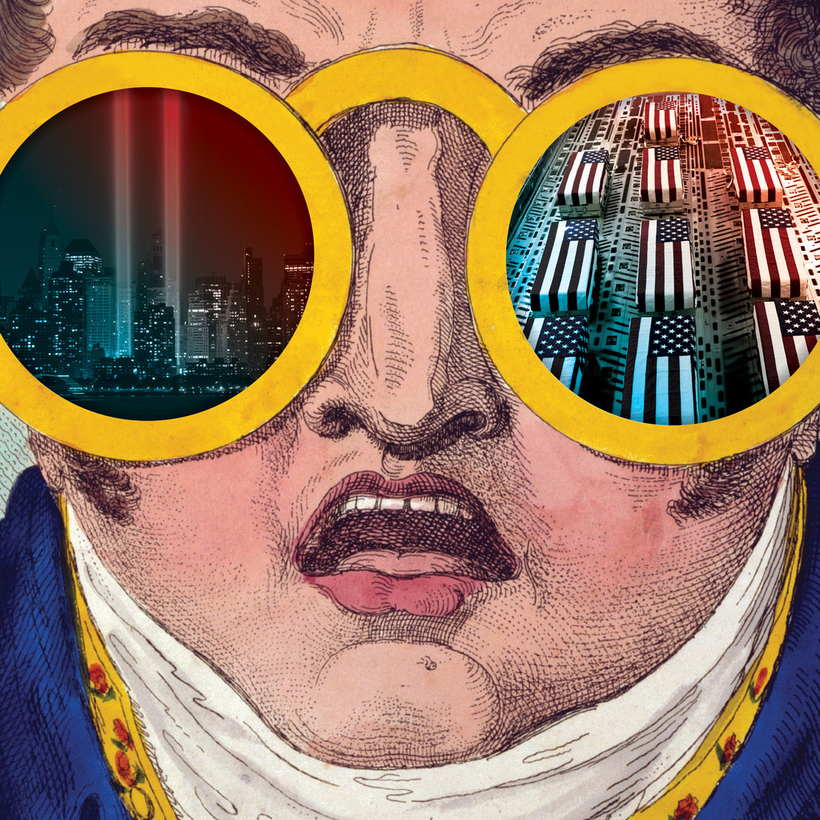Among those who served in Afghanistan—America’s longest war and, until recently, also America’s forgotten war—there was a joke, a bit of gallows humor, that made the rounds. It goes like this:
Knock, knock.
Who’s there?
Nine-eleven.
Nine-eleven who?
Hey, I thought you said you’d “never forget.”


